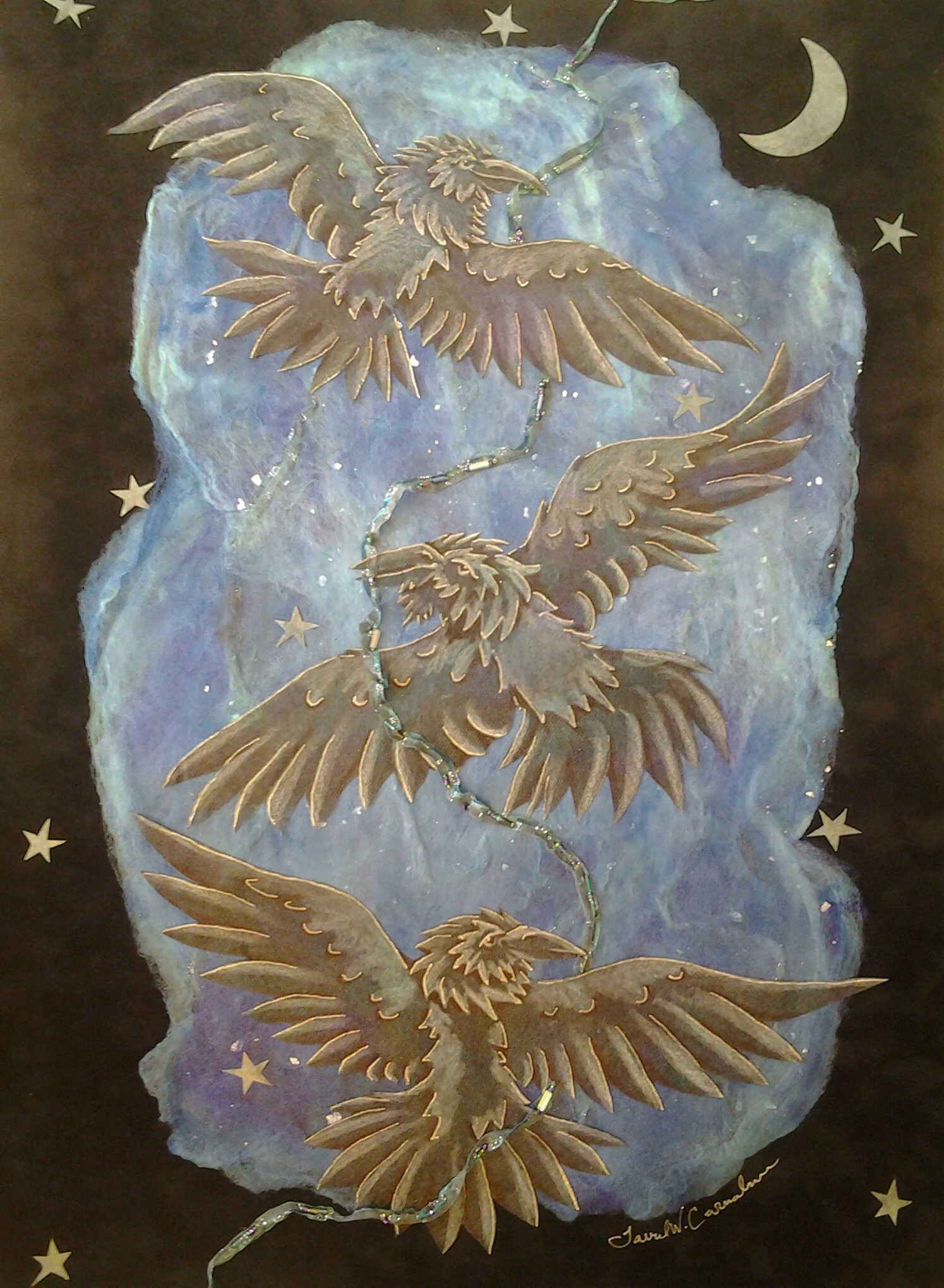Share stories, advice, useful links, and creative endeavors with other ace survivors. Anyone can contribute: here’s how.
All submissions will be placed into one (or more) of the following categories:
- By & For Ace Survivors
- Personal Narratives
- Intersectional Issues
- Asexuality & Mental Health
- Art Gallery
Please also check out our Recommended Reading List.
When Sexual Abuse Comes in the Form of Words
One aspect of CSA that I don't see discussed very often is sexually charged verbal abuse. My experience with this is as a CSA survivor specifically, but I could also see where it could potentially be an issue for adult survivors of sexual violence well. In my own experience, the sexualized verbal abuse I was subjected to has actually been one of the hardest aspects to recover from long term.
It Gets Better: Chasing the ‘Before’
Probably the worst part of it was how my grandparents urged me to go back to who I was 'before'. For me, there was no before. I didn't realize it then, but for many of the victims of repeated childhood sexual abuse, there is no 'before'. You know the one. Before the abuse. Before the pain. Before the brokenness. Now, when I think about who I was 'before', I realize that it wasn't as clear-cut as my grandparents and the psychologist made it out to be. Now, I realize that the 'before' they referred to was their own—namely, before they knew about the abuse. Today, I have a different 'before'. Before I decided to live for me. Before I forgave myself. Before I realized that my life is valid, no matter what.
A Demisexual Survivor’s Experience
I didn’t know I was demisexual for years. My experience of demisexuality is superficially similar to the experiences of many allosexuals, and I didn’t know that I wasn’t experiencing sexual attraction. I liked sex as much as the next person and I was kinky, too. Apart from taking longer than everyone else to find boys cute, I didn’t think anything was unusual.
When there never was any “before”
Not every trauma survivour has had a life before the trauma/s. It can have happened/started in early childhood and/or there may be no memories of a life before or independent of trauma. Even for people where there was a “before”, recovery is not about going back to that state, especially not if the “before” was a long time ago, in childhood or in a completely different stage of life. We know it’s hard. Having to figure out everything new, what is a healthy coping mechanism and what’s not doing me good, how does a healthy relationship work/feel, what are my likes, interests, needs, skills, beliefs. What is my personality, who am I and what is really me and what is “just” due to trauma. This is hard to figure out and painful to even have to adress in the first place. But it’s possible.
Art and Recovery
People seem to think that therapeutic art is always about expressing your pain and negative feelings. While drawing out images of exactly what the pain and terror of abuse feels like can be cathartic and hugely helpful, art that is about joy, comfort, beauty and color can act as a sort of refuge.
Why It’s Okay to Refuse Therapy
Medical professionals of all kinds are well known for abusing every marginalized group known to humanity, and therapists are no exception. But we are told to get over it or told to "find another doctor." So for all of the people out there who feel that therapy is toxic: I'm making room for your narrative in the survivor discourse. It's okay to refuse therapy. It's okay to be hostile towards medical personnel, especially when they have abused you. It's okay to talk about your horrible experiences with therapy.
Playing on HELL MODE
When I tell people I have PTSD, I think they have a very particular image in their head of what that’s like--PTSD is a (male) veteran waking up from nightmares of the war, drenched in sweat. The problem is, while that might be what PTSD is like for a very particular subset of the population, that’s not what PTSD is like for me at all.
What is Resilience?
Resilience is the ability to recover from really tough, painful situations. But there's so much more depth to it than that. There are several components that are thought to contribute to overall resilience. Each of these is a skill that can be developed, or a practice that's built up based on skills that can be developed. This isn't the kind of thing that you either have or you don't. Everyone has some degree of resilience. And it's something you can always improve.








